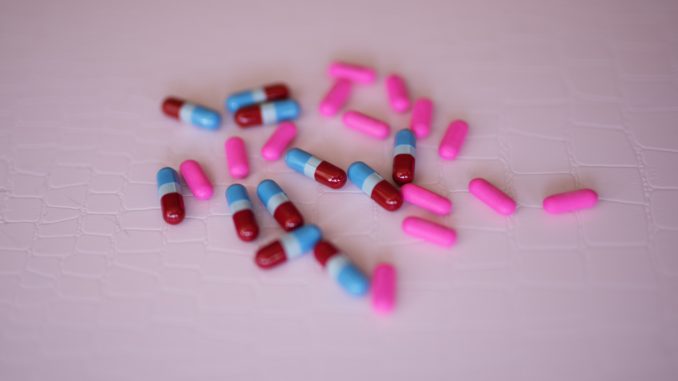
In England, 81% of all drugs in primary care are already prescribed generically, generating significant savings for the NHS – but more can be done. We speak to Paul Davies, a pharmacist at NHS Business Services Authority, to learn how practices can improve their prescribing
Once the patent on a drug has run out, the market can take over – copying the formulation and it offering at lower cost. The NHS itself describes generic versions of drugs as being like own-label brands – the ingredients are the same, but the cost much less; it’s an effective way of explaining what generic drugs are.
Generic prescribing is important for the NHS, because unbranded pharmaceuticals are available at a lower cost. NHS Business Services Authority has produced a dashboard to support better generic prescribing for practices.
NHS Business Services Authority believes practices can benefit from using the dashboard through:
- the easy identification of quick wins;
- better value care for patients, releasing resources for investment in other aspects of patient care;
- highlighting variation between GP practices and CCGs, to facilitate continuous improvement;
- better use of prescribing-decision support software – all medicines on the list are suitable for inclusion.
The NHS body estimates that better prescribing could save the NHS up to £17.9m every year. To understand the potential for generic prescribing, we spoke to Paul Davies, a pharmacist at NHS Business Services Authority to ask him to explain the benefits of improved generic prescribing.
What is the dashboard? How does it work, and how can practices can use it?
The dashboard allows users to see how many patients are being prescribed branded versions of the ‘top 20’ drugs at CCG and practice level; users can then ask for a detailed report that identifies NHS numbers of patients, or they can use their own systems to identify patients. Depending on the individual practice, branded drugs can then be switched to a generic version.
How can generic prescribing be improved?
There are already various types of decision support software that prompt prescribers to prescribe certain medicines generically. However, we have identified that only 81% of items are prescribed generically.
By focusing on a relatively small number of items – just 20 – and screening these for appropriateness, we are showing variation in prescribing patterns and highlighting areas that would benefit from an extra push at both CCG level and GP practice level.
What are the potential benefits to practices, patients and the NHS?
Appropriate generic prescribing supports pharmacists to dispense medication from a number of suppliers, potentially reducing stock shortages. It also provides the best value for money for the NHS, allowing scarce funds to be spent on other forms of treatment or newer drugs.
What practical advice would you give to practices about improving their generic prescribing?
Be consistent with your messaging to patients and make appropriate generic prescribing a practice policy so that all patients are treated equally.
What resources would you point them toward?
Greater Manchester Health and Care Commissioning has produced some useful guidelines on generic prescribing and NICE has produced its comprehensive guidelines on prescribing. Both of these are worth reviewing.
Don’t forget to follow us on Twitter, or connect with us on LinkedIn!

Be the first to comment